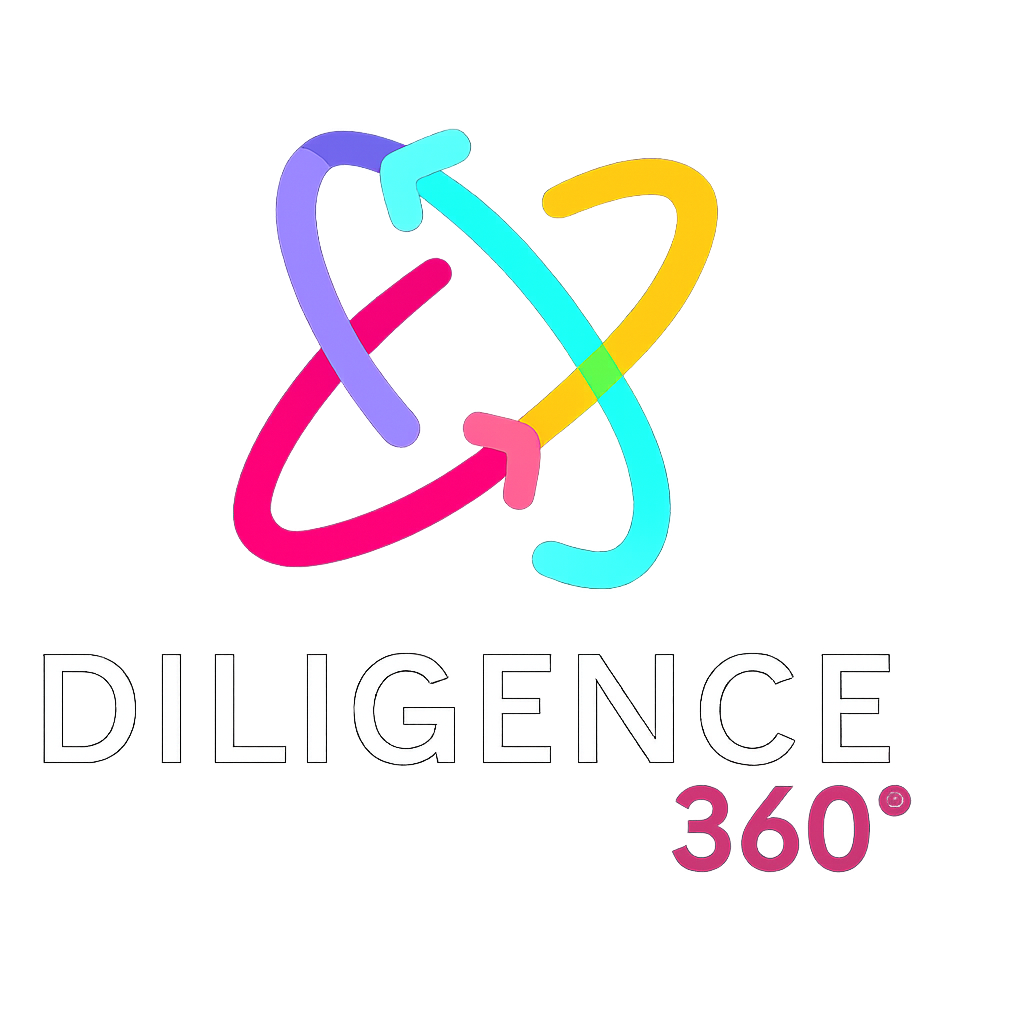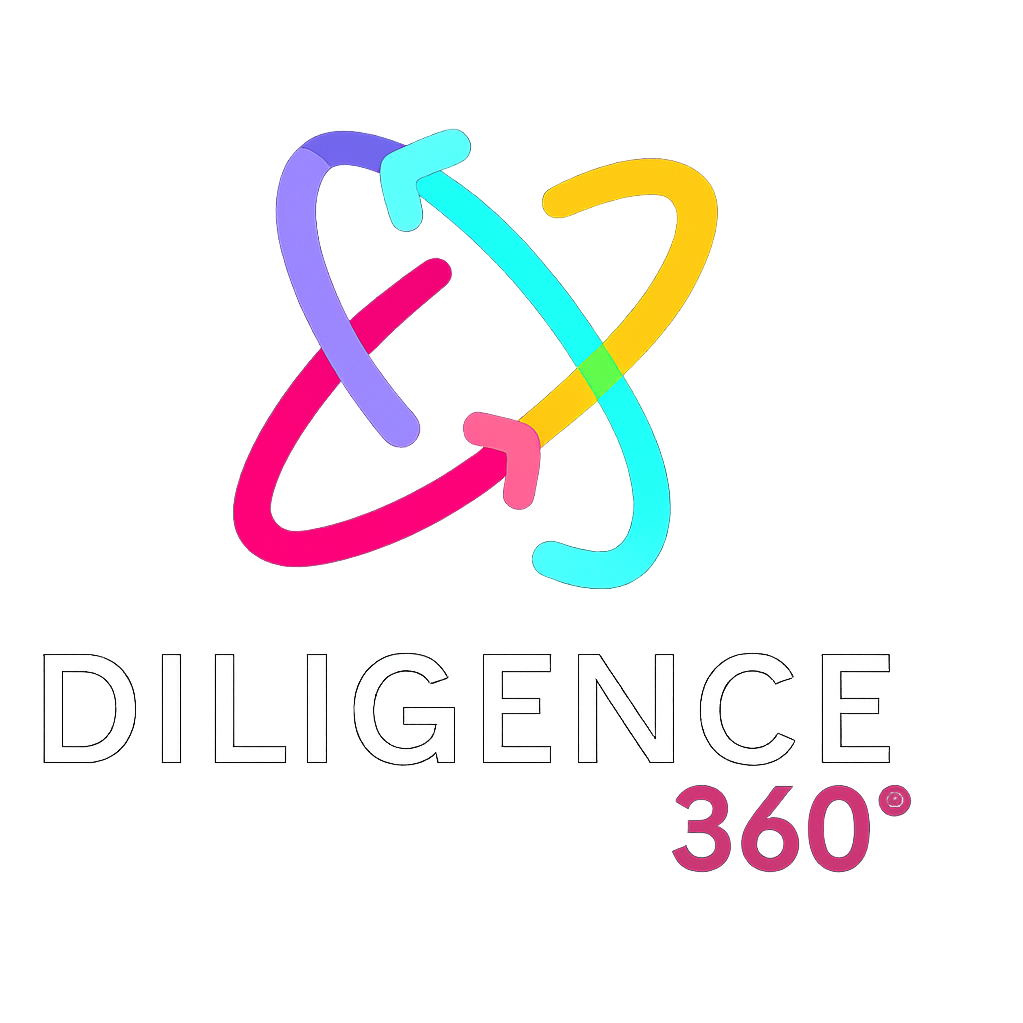Bribery in International Business
It has been more than four decades since the U.S. Foreign Corrupt Practices Act (FCPA) of 1977 was enacted, marking a significant milestone in the global fight against corporate corruption. Since then, numerous international initiatives have been launched to combat bribery, including the OECD Anti-Bribery Convention (1997), the United Nations Convention Against Corruption (UNCAC) (2003), the UK Bribery Act (UKBA) (2010), and ISO 37001:2016 (Anti-Bribery Management Systems). Despite these sustained efforts and growing public sentiment against corruption, the Corruption Perceptions Index (CPI) published by Transparency International (TI) has shown only marginal improvement over the years. For instance, the 2022 CPI revealed that over two-thirds of countries scored below 50 out of 100, indicating serious corruption issues, with global averages stagnating for over a decade.¹ This lack of progress is alarming and calls for a deeper examination of the systemic and external factors perpetuating bribery in international business.
The Persistent Challenge of Political and Diplomatic Influences
One of the critical reasons for the stagnation in anti-corruption efforts is the failure to address the political and diplomatic influences that distort corporate competition. Multinational corporations (MNCs) operating in high-stakes industries such as defense, telecommunications, and IT often face intense competition for lucrative contracts. In many cases, governments leverage political and diplomatic power to favor domestic companies or secure deals for their national champions. This creates an uneven playing field, incentivizing bribery and corruption as a means to gain a competitive edge.
For example, the 2019 scandal involving Airbus SE highlighted how geopolitical pressures and corruption intersect. Airbus was fined €3.6 billion ($4 billion) in a global settlement after investigations revealed a widespread bribery scheme involving intermediaries and government officials in over 20 countries.² This case underscores how political influence and weak enforcement mechanisms can undermine anti-corruption frameworks, even in regions with robust legal systems.
Limitations of Existing Anti-Corruption Frameworks
While initiatives like ISO 37001:2016 provide a comprehensive framework for internal anti-bribery management systems, they primarily focus on corporate governance and risk mitigation within organizations. These frameworks often fail to address the broader geopolitical and economic pressures that drive corruption. For instance, the lack of harmonization in enforcement across jurisdictions allows companies to exploit regulatory loopholes, particularly in regions with weaker governance structures.
Moreover, the reliance on self-regulation and voluntary compliance has proven insufficient. A 2021 report by the OECD highlighted that only 22% of foreign bribery cases resulted in sanctions, with many cases going unpunished due to lack of evidence or political interference.³ This highlights the need for a more proactive and coordinated approach to anti-corruption enforcement.
A Holistic, Multi-Dimensional Approach to Combat Bribery
To achieve tangible progress in reducing corporate bribery, it is imperative to adopt a holistic, multi-dimensional strategy that addresses both internal and external factors driving corruption. Key elements of this approach include:
- Enhanced Global Cooperation: Regulatory bodies, businesses, and governments must collaborate more effectively to enforce anti-bribery laws across borders. This includes sharing intelligence, harmonizing legal standards, and establishing joint task forces to investigate cross-border corruption cases.
- Greater Transparency: Governments and corporations must prioritize transparency in public procurement processes and corporate dealings. Tools such as blockchain technology can be leveraged to create immutable records of transactions, reducing opportunities for bribery.⁴
- Stricter Enforcement: Regulatory bodies must impose stricter penalties for bribery and corruption, including debarment from public contracts and significant financial fines. The success of the UK Bribery Act, which has led to several high-profile convictions, demonstrates the deterrent effect of robust enforcement.⁵
- Promoting Fair Competition: Governments must refrain from using political and diplomatic leverage to influence corporate competition. International trade agreements should include provisions to ensure a level playing field for all participants.
Case Study: Siemens AG – A Lesson in Transformation
The Siemens AG bribery scandal of 2008 serves as a powerful case study in the fight against corruption. The company was fined $1.6 billion by U.S. and European authorities for widespread bribery practices spanning multiple countries. However, Siemens transformed its corporate culture by implementing stringent compliance measures, including the adoption of ISO 37001 standards, and investing in employee training and whistleblower protection programs.⁶ Today, Siemens is recognized as a leader in corporate integrity, demonstrating that meaningful change is possible with the right commitment and resources.
Call to Action: Partner with Diligence 360 Today
The fight against bribery and corruption requires collective action from all stakeholders. Businesses must take proactive steps to strengthen their anti-corruption frameworks and ensure compliance with international standards. Diligence 360 offers cutting-edge solutions for risk management, compliance, and due diligence, helping organizations navigate the complexities of global business while maintaining the highest ethical standards.
Reach out to Diligence 360 today to learn how their expertise can help your organization build a robust anti-bribery management system and contribute to a fairer, more transparent global business environment.
References
- Transparency International, Corruption Perceptions Index 2022, https://www.transparency.org/en/cpi/2022
- BBC News, “Airbus agrees €3.6bn corruption settlement,” January 31, 2020, https://www.bbc.com/news/business-51324491
- OECD, Foreign Bribery Report 2021, https://www.oecd.org/corruption/foreign-bribery-report-2021.htm
- World Economic Forum, Blockchain for Transparency in Public Procurement, 2020, https://www.weforum.org/blockchain-transparency
- UK Serious Fraud Office, Bribery Act Enforcement Cases, https://www.sfo.gov.uk/bribery-act-enforcement/
- Siemens AG, Compliance and Integrity Report 2022, https://www.siemens.com/compliance-report
By addressing the root causes of bribery and fostering global cooperation, we can create a business environment that truly deters corruption and promotes fair competition. The time to act is now.
no, use corruption index latest one
Bribery in International Business – Way Forward
By Khalid Saeed
It has been more than four decades since the U.S. Foreign Corrupt Practices Act (FCPA) of 1977 was enacted, marking a significant milestone in the global fight against corporate corruption. Since then, numerous international initiatives have been launched to combat bribery, including the OECD Anti-Bribery Convention (1997), the United Nations Convention Against Corruption (UNCAC) (2003), the UK Bribery Act (UKBA) (2010), and ISO 37001:2016 (Anti-Bribery Management Systems). Despite these sustained efforts and growing public sentiment against corruption, the Corruption Perceptions Index (CPI) 2023, published by Transparency International (TI), reveals that global progress remains stagnant. The 2023 CPI shows that over two-thirds of countries scored below 50 out of 100, with the global average remaining at just 43 for the fifth consecutive year.¹ This alarming stagnation underscores the need for a deeper examination of the systemic and external factors perpetuating bribery in international business.
The Persistent Challenge of Political and Diplomatic Influences
One of the critical reasons for the lack of progress in anti-corruption efforts is the failure to address the political and diplomatic influences that distort corporate competition. Multinational corporations (MNCs) operating in high-stakes industries such as defense, telecommunications, and IT often face intense competition for lucrative contracts. In many cases, governments leverage political and diplomatic power to favor domestic companies or secure deals for their national champions. This creates an uneven playing field, incentivizing bribery and corruption as a means to gain a competitive edge.
For example, the 2019 scandal involving Airbus SE highlighted how geopolitical pressures and corruption intersect. Airbus was fined €3.6 billion ($4 billion) in a global settlement after investigations revealed a widespread bribery scheme involving intermediaries and government officials in over 20 countries.² This case underscores how political influence and weak enforcement mechanisms can undermine anti-corruption frameworks, even in regions with robust legal systems.
Limitations of Existing Anti-Corruption Frameworks
While initiatives like ISO 37001:2016 provide a comprehensive framework for internal anti-bribery management systems, they primarily focus on corporate governance and risk mitigation within organizations. These frameworks often fail to address the broader geopolitical and economic pressures that drive corruption. For instance, the lack of harmonization in enforcement across jurisdictions allows companies to exploit regulatory loopholes, particularly in regions with weaker governance structures.
Moreover, the reliance on self-regulation and voluntary compliance has proven insufficient. A 2021 report by the OECD highlighted that only 22% of foreign bribery cases resulted in sanctions, with many cases going unpunished due to lack of evidence or political interference.³ This highlights the need for a more proactive and coordinated approach to anti-corruption enforcement.
A Holistic, Multi-Dimensional Approach to Combat Bribery
To achieve tangible progress in reducing corporate bribery, it is imperative to adopt a holistic, multi-dimensional strategy that addresses both internal and external factors driving corruption. Key elements of this approach include:
- Enhanced Global Cooperation: Regulatory bodies, businesses, and governments must collaborate more effectively to enforce anti-bribery laws across borders. This includes sharing intelligence, harmonizing legal standards, and establishing joint task forces to investigate cross-border corruption cases.
- Greater Transparency: Governments and corporations must prioritize transparency in public procurement processes and corporate dealings. Tools such as blockchain technology can be leveraged to create immutable records of transactions, reducing opportunities for bribery.⁴
- Stricter Enforcement: Regulatory bodies must impose stricter penalties for bribery and corruption, including debarment from public contracts and significant financial fines. The success of the UK Bribery Act, which has led to several high-profile convictions, demonstrates the deterrent effect of robust enforcement.⁵
- Promoting Fair Competition: Governments must refrain from using political and diplomatic leverage to influence corporate competition. International trade agreements should include provisions to ensure a level playing field for all participants.
Case Study: Siemens AG – A Lesson in Transformation
The Siemens AG bribery scandal of 2008 serves as a powerful case study in the fight against corruption. The company was fined $1.6 billion by U.S. and European authorities for widespread bribery practices spanning multiple countries. However, Siemens transformed its corporate culture by implementing stringent compliance measures, including the adoption of ISO 37001 standards, and investing in employee training and whistleblower protection programs.⁶ Today, Siemens is recognized as a leader in corporate integrity, demonstrating that meaningful change is possible with the right commitment and resources.
Call to Action: Partner with Diligence 360 Today
The fight against bribery and corruption requires collective action from all stakeholders. Businesses must take proactive steps to strengthen their anti-corruption frameworks and ensure compliance with international standards. Diligence 360 offers cutting-edge solutions for risk management, compliance, and due diligence, helping organizations navigate the complexities of global business while maintaining the highest ethical standards.
Reach out to Diligence 360 today to learn how their expertise can help your organization build a robust anti-bribery management system and contribute to a fairer, more transparent global business environment.
References
- Transparency International, Corruption Perceptions Index 2023, https://www.transparency.org/en/cpi/2023
- BBC News, “Airbus agrees €3.6bn corruption settlement,” January 31, 2020, https://www.bbc.com/news/business-51324491
- OECD, Foreign Bribery Report 2021, https://www.oecd.org/corruption/foreign-bribery-report-2021.htm
- World Economic Forum, Blockchain for Transparency in Public Procurement, 2020, https://www.weforum.org/blockchain-transparency
- UK Serious Fraud Office, Bribery Act Enforcement Cases, https://www.sfo.gov.uk/bribery-act-enforcement/
- Siemens AG, Compliance and Integrity Report 2022, https://www.siemens.com/compliance-report
By addressing the root causes of bribery and fostering global cooperation, we can create a business environment that truly deters corruption and promotes fair competition. The time to act is now.


No responses yet